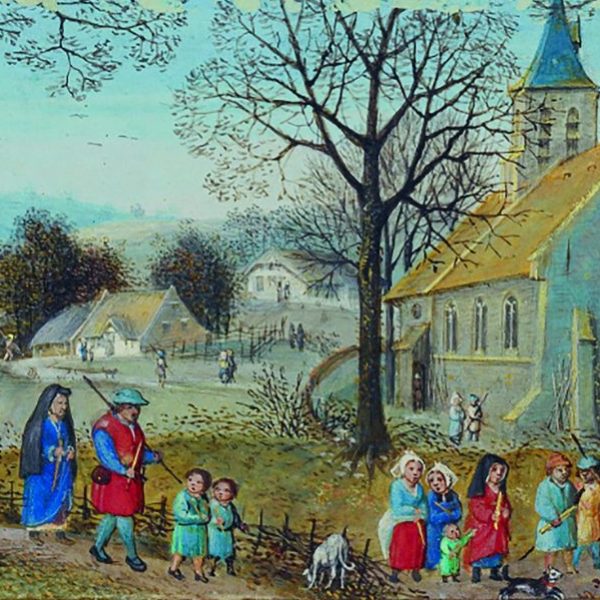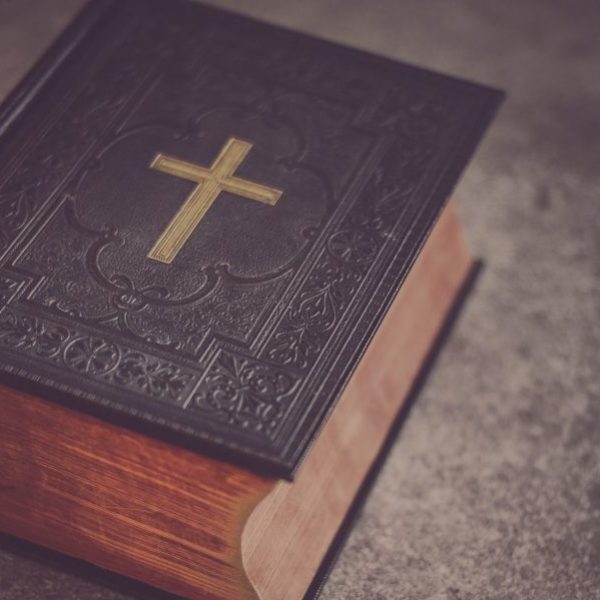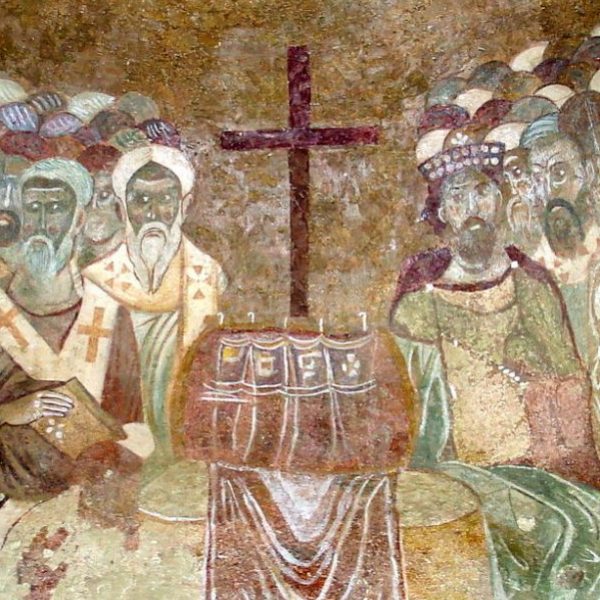Lest We Forget: A Religion of Their Own
Sarah Underwood—
Mabel Barltrop has been alternatively described as a cult leader, a lunatic, and the Second Coming, but to me, she appears to be a combination of Susan B. Anthony, Martha Stewart, and Jesus. With Octavia, Daughter of God: The Story of a Female Messiah and Her Followers, author Jane Shaw has reinforced my belief that people should never be categorized. In 1919, a middle-class, middle-aged British woman, the widow of an Anglican priest and a mother of four, was on her way to being revered as God’s daughter, the fourth member of the Trinity, and even Jesus’s wife. Octavia, as Barltrop would be called by her apostles and disciples, managed to create a religion that both empowered women and reinforced the Victorian values with which she had grown up.
 The religion that developed around Octavia, so named because she was believed to be the eighth in a line of prophets, is known today as the Panacea Society. After many secret and excited discussions, often through letters, her followers decided she was the savior who would herald the end of the world. Understandably, it was mainly women who were attracted to her, a woman who would complete Jesus’ work. In a time when women were pushing for the vote, here was a ready opportunity to prove women’s importance. Even the group’s sacraments were more attractive to women than men. Confession was integral to Octavia’s beliefs, but it also gave women a safe space to discuss topics forbidden even among friends, most importantly sexual relationships.
The religion that developed around Octavia, so named because she was believed to be the eighth in a line of prophets, is known today as the Panacea Society. After many secret and excited discussions, often through letters, her followers decided she was the savior who would herald the end of the world. Understandably, it was mainly women who were attracted to her, a woman who would complete Jesus’ work. In a time when women were pushing for the vote, here was a ready opportunity to prove women’s importance. Even the group’s sacraments were more attractive to women than men. Confession was integral to Octavia’s beliefs, but it also gave women a safe space to discuss topics forbidden even among friends, most importantly sexual relationships.
For a system in which the majority of followers and authority figures were women, and that taught that Octavia was God’s daughter and humankind’s savior, its members were rather interested in domestic affairs and housekeeping. Many of Octavia’s rules imply that she had basically created a religion of manners. She reminded her followers that there were “50 ways of serving eggs” and needed an entire typed page to describe how to properly serve tea. Shaw suggests that such attention to detail means Octavia would likely have been diagnosed with obsessive compulsive disorder today. Interestingly, before she became a religious leader, Octavia had served both voluntary and involuntary time in asylums and was aware of having mental disorders. However, she likened her “mental agonies” to Jesus’ physical suffering, and claimed that her pain would save her followers. So, were these domestic rules evidence of masculine authority, divine inspiration, or a lot of Victorian hang-ups?
“Overcoming” was a cleansing process developed to assure the believer’s immortality and place among the 144,000 “saved” by destroying one’s self or personality. With the Victorian Era only just fading, she had a slew of social “norms” at hand to rework for her convenience. Essentially, the person trying to Overcome wants to become less irritating to others around her by adhering to strict and almost bizarre codes. (I believe it is possible that Octavia, suddenly inundated with strangers moving into her house and neighborhood to be near the Second Coming, needed to retain any sanity she could.) For example, Octavia commanded that one should remove one’s shoes to avoid disturbing people on lower floors and that one should avoid eating candy since it’s nearly impossible to avoid clicking and sucking noises. It is almost as if Octavia’s followers were not only trying to overcome their sinful personalities but actually become invisible, which is an alternative Harold Camping might consider on October 21 if the Rapture does not occur, again. Octavia may have revised Christianity to be a very feminine religion, but the femininity she was attracted to was not that of the suffragists but that of the Angel in the House.
Sarah Underwood is a graduate of the College of William and Mary and a former Yale University Press intern. Her column, Lest We Forget, appears on the Yale Press Log.



